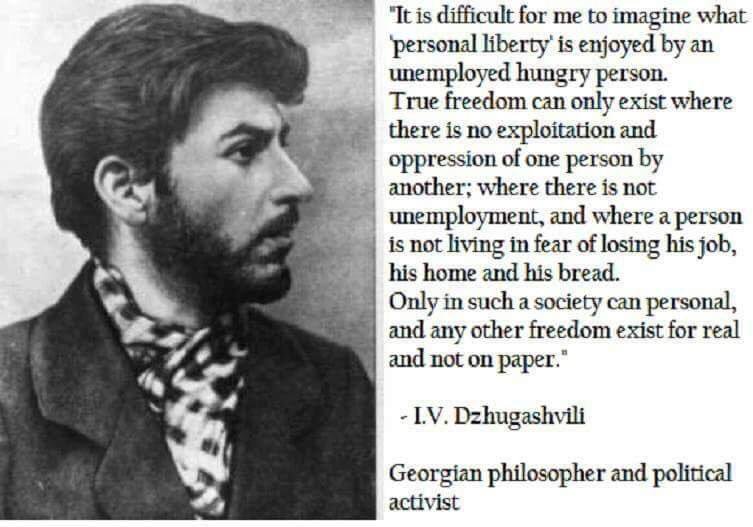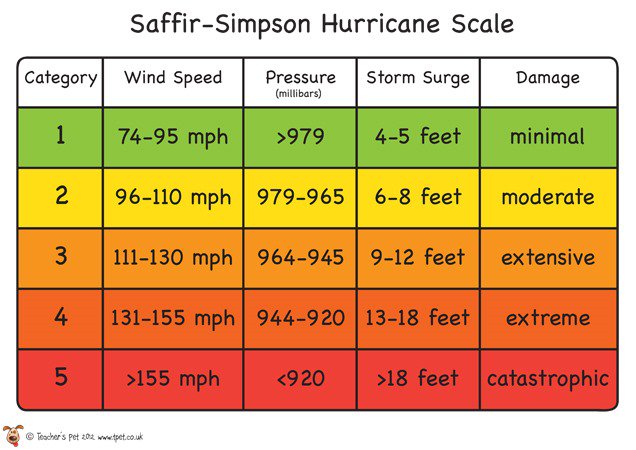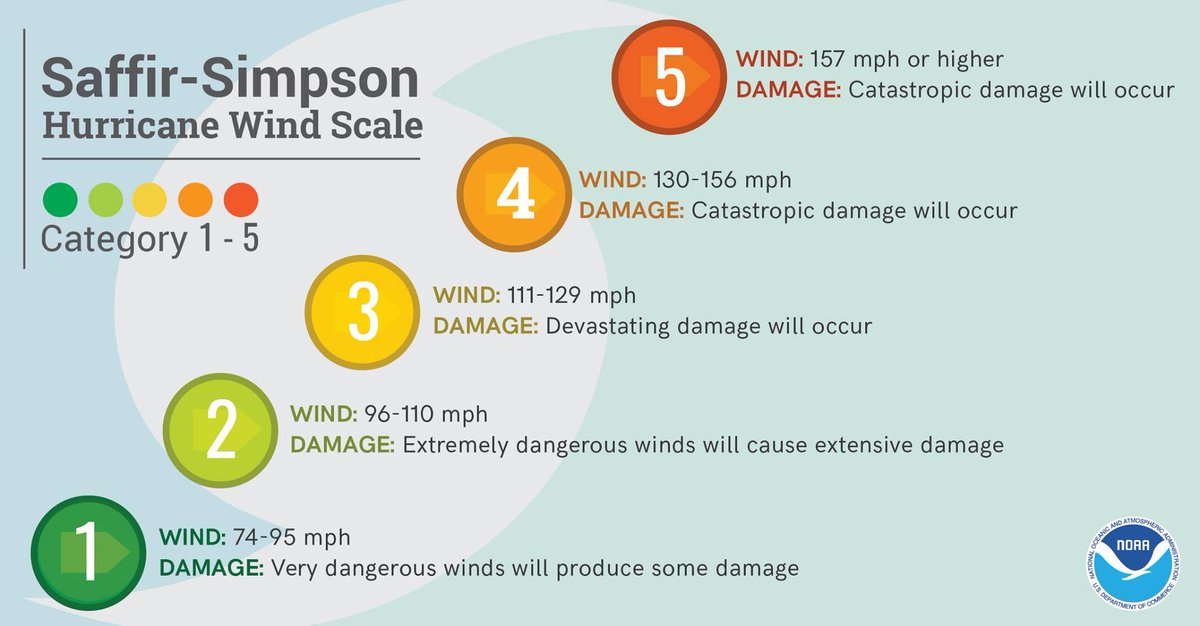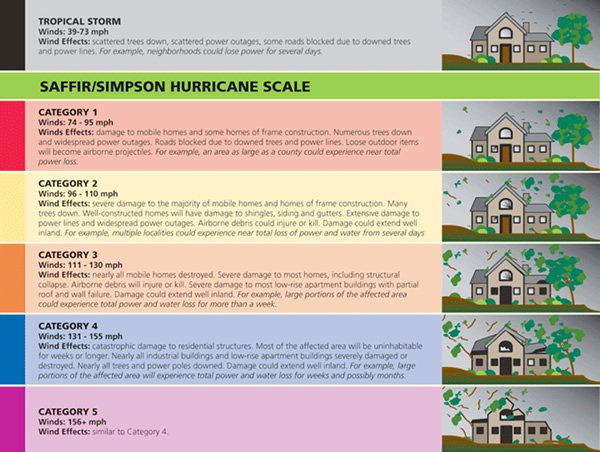We'll always have opportunists & scammers but also good Samaritans.
1/6
Gouging is a bit more complicated. It's a function of economics, values & depth/duration of relationships.
Let's take these one at a time.
2/6
The libertarian argument for gouging is it effectively distributes scarce goods to the neediest: fee.org/articles/how-p…
It has some merit, but no soul-or accounting for variances in wealth, timing & circumstances that locked out the neediest cases.
3/6
People not looking for a quick buck will use their values to allocate scarce resources. Sounds great on paper, but is far from optimal. People will reliably choose less needy family/friends over the neediest, whom they might not be aware of, or bother looking for.
4/6
If you don't know or plan to do business w/someone again, there's no social or economic penalty for gouging.
This is what eBay tries to simulate with reviews & guarantees. I was scammed on Swappa buying a phone in absence of those checks.
5/6
Ironically, corporatism is a gouging inhibitor. At scale, one bad story brings a flurry of PR/Twitter/political wrath that wrecks future earnings/viability.
Infrequency of purchase ⬆️ gouging odds (mattresses, car repairs).
Yelp is one countermeasure.
6/6











